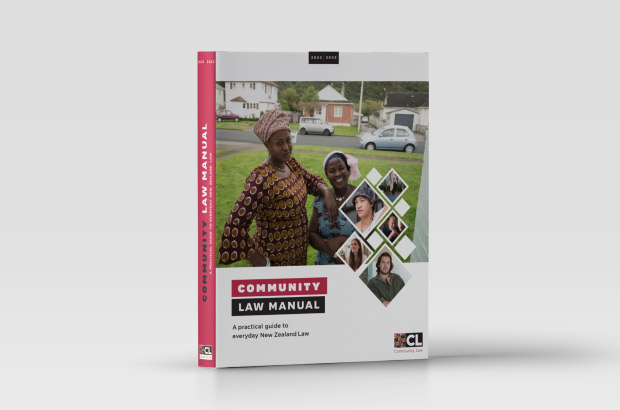Parental leave
Job security while you are pregnant or on parental leave
Protection from being dismissed while pregnant
Parental Leave and Employment Protection Act 1987, s 49
Your employer can’t fire you for being pregnant, for applying for parental leave, or for being on parental leave.
What if I can’t do my job while pregnant?
Parental Leave and Employment Protection Act 1987, ss 9, 14, 16, 26, 49
Your employer can transfer you temporarily to another role if your pregnancy prevents you from doing your job. You can’t be fired for being pregnant.
If no other suitable work is found, your employer can require you to start your parental leave early. If this is more than six weeks before your baby’s expected due date, this will be added as extra leave on top of your primary carer’s leave.
What happens to my job when I’m on parental leave?
Parental Leave and Employment Protection Act 1987, ss 40, 41, 48
This depends on how long you’re on leave for:
If you’re taking parental leave for four weeks or less – and if it’s the first period of leave you’ve taken for this particular child, the law assumes your employer is able to keep your job open unless your employer can prove that your position has become redundant (for information about redundancies, see: “Leaving or losing your job”).
If you’re taking parental leave for more than four weeks – the law assumes your employer is able to keep your job open unless your employer can prove that:
- it’s not reasonable to get a temporary replacement because you occupied a key position in your employer’s business, or
- your position has become redundant.
Note: When an employee is on parental leave, a replacement employee can be hired on a temporary basis. They must be told that the position is temporary.
Keeping-in-touch days before returning to work
Parental Leave and Employment Protection Act 1987, s 71CE
If you and your employer agree, you are allowed to do a maximum of 64 hours of paid work for your employer (called “keeping-in-touch days”) without impacting your entitlement. The work has to be after the baby is 28 days old.
If you work more than 64 hours during parental leave or do any work within the first 28 days after the birth of your child, your parental leave payments will stop and you won’t be able to get any more.
If you are a primary carer getting a preterm baby payment, the rules for keeping in touch days are slightly different. You can still only work for up to 64 hours, but you can take a limited number of these while you are receiving the preterm payment. This can be up to a total of three hours multiplied by the number of weeks that you receive the preterm payment. This won’t be counted as you having stopped your parental leave.
Your final pay if you don’t return to work
Parental Leave and Employment Protection Act 1987, s 46
If you resign before going back to work, your final pay will be calculated as though you finished work on the day you went on parental leave (not the last day you worked on a keeping in touch day). This means any payments for keeping in touch days won’t be included when your employer calculates any final annual leave pay-outs.
What happens if my employer can’t keep my job open?
Parental Leave and Employment Protection Act 1987, s 36
Your employer must give you first choice (“preference”) for re-employment after the parental leave finishes if they can’t keep your job open during your parental leave. This means they must give you preference over other applicants for any position that’s vacant and substantially similar to your old position.
Can I be made redundant while I’m on parental leave?
Parental Leave and Employment Protection Act 1987, ss 40, 41, 51, 52
You can be made redundant while on parental leave, but only if the decision and decision-making process is fair (for information about the correct process, see: “Leaving or losing your job”).
If you challenge the decision, your employer must prove that there was no prospect they could appoint you to a vacant position that was substantially similar to your old job. They also have to prove that the redundancy situation came about after they notified you that your position could be kept open when you first gave your parental leave notice.
Making a parental leave complaint
You can make a parental leave complaint if you disagree with your employer’s decisions around your parental leave. This would include if your employer:
- wrongly tells you that you can’t take parental leave, or
- won’t keep your job open without good reason, or
- fires you because you’re having a child, or
- tells you to start maternity leave early or transfers you to another job without a good reason.
Complaints about parental leave are dealt with by the ERA in a way similar to personal grievances (see: “Resolving employment problems”).


